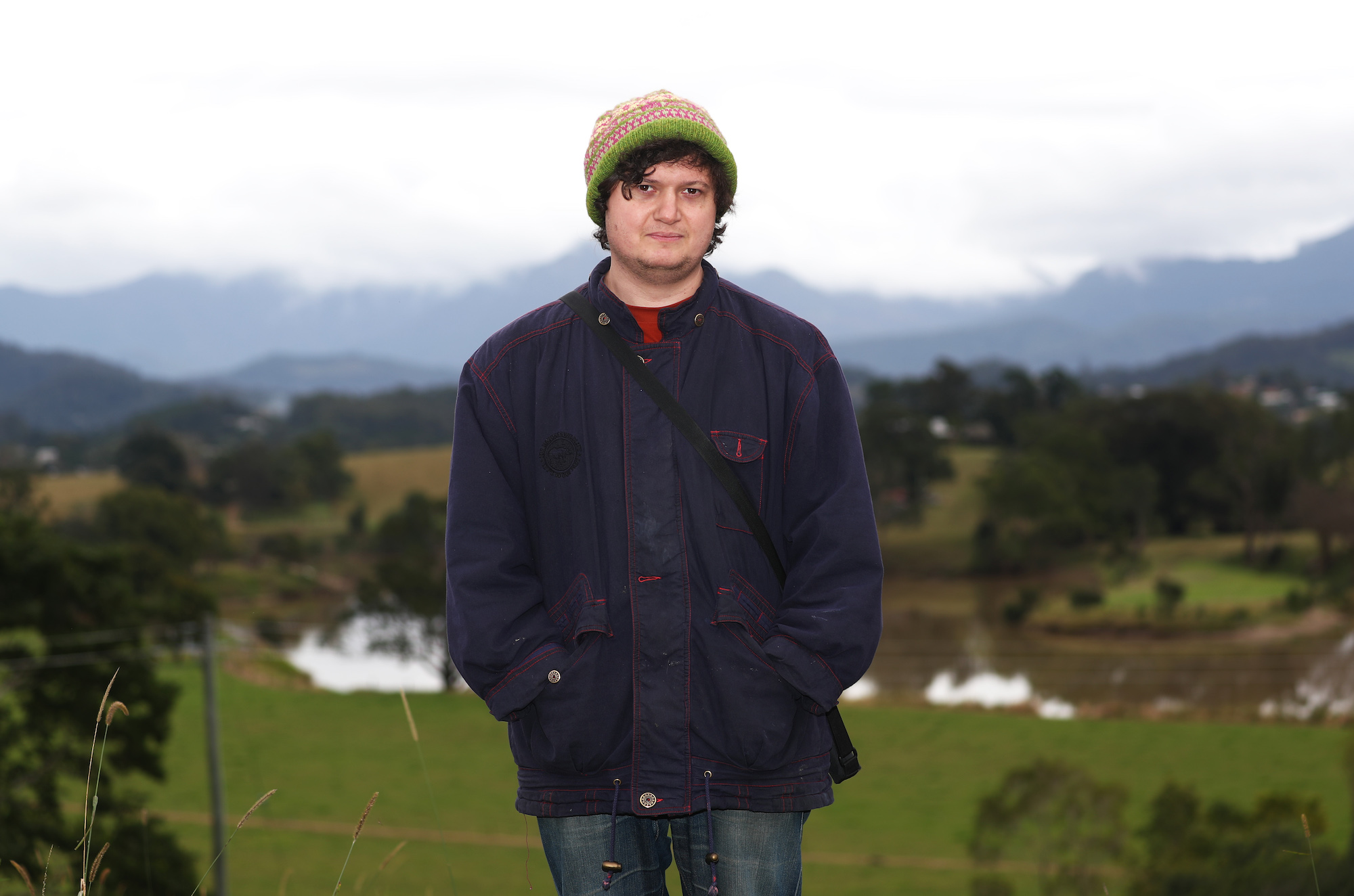
Narayana Johnson carved out a bit of a niche for himself as half of the Australian electronic indie duo Willow Beats. He sold out venues and played the biggest stages in Oceania. He launched a solo career as River Boy and began working both with other artists and as a composer.
But last month, a much bigger audience discovered Johnson through his latest position as the composer for Cult of the Lamb, the smash hit video game developed by Massive Monster and published by Devolver Digital. The indie title caught gamers by surprise with its combination of rogue-like action and Animal Crossing-esque base building — and the unique spooky/electronic soundtrack that went with it.
SPIN sat down with the Australian composer to chat about Cult of the Lamb, his newfound audience and the differences for him when working on a soundtrack.
[embedded content][embedded content]
SPIN: What was it like when the Massive Monster guys asked you to be a part of Cult of the Lamb?
Narayana Johnson: It was incredible. They already liked the music that I had made in my previous project, Willow Beats — which was an experimental electronic pop duo in the loosest sense of the word “pop.” They said “This game is kind of its own thing. It’s quite new and fresh.” So they were happy for me to just do my own thing, make new sounds, and do something that was original and sounded new. I’m sure that’s the case with a lot of games, but I felt particularly lucky that they let me do my thing.
When you joined the team, was it already Cult of the Lamb? If so, how did they explain the concept to you?
I was actually on the game super early — probably three years now, or maybe even a little bit over that — so I was on the project before it was Cult of the Lamb. I got on at the stage where it was kind of a Hell simulator, and you were going to be a leader in Hell. You’d come to Earth and wanted to make it Hell, but there were all these different concepts floating around. It kind of had similar bones in that you had followers and you were a leader, but it was a completely different thing at that point. So when it changed into Cult of the Lamb, I was here for it. I remember when I first saw the graphic of the Lamb character, I knew it was so good. I was just blown away by how simple but cute and memorable the character was. The character was immediately on point. They really nailed it.
Seeing as a lot of your background is in writing music either as a solo artist or half of a duo, what was it like moving into the video game world?
There are a few things that were really notable changes, and all of them I really, really love. One of them is that when you’re writing pop music, there are a few expectations in the back of your head — as much as you might try to escape it. You’re writing radio music, so you’re always thinking “Is this catchy in the first 10 seconds? Is there a chorus in the first 10 seconds? Is this gonna sound really good on a massive sound system? Is it danceable?” There are all these questions in the back of your head. Moving to games, none of that really mattered as much. It was just like “Does this feel good in the space? Does this enhance the space?”
Another thing that I really love about it is that electronic music goes through waves and trends. There are different sounds that go in and out of vogue, and when you’re in electronic music — as much as you want to just make the thing that you want to make — you’re always a little bit wary of sounds that were just in vogue. For example, it’s probably been long enough where you could use a dubstep wobble bass again, but a little while ago, you’d be like “Oh, I don’t really want to touch it, because it was just really big.” But when I’m composing for games, all that stuff doesn’t really matter anymore. I’ll use it all, which is really freeing.
Speaking of that, is your creative process different when composing for games?
To be honest, I had the same composer sensibilities when I did pop music, and it’s interesting because people always said that my music sounded a bit game-y. I am quite influenced by games — particularly older games like Donkey Kong Country and The Legend of Zelda: Link’s Awakening. Those songs are burned into my memory and quite influential for me. So yeah, it wasn’t super different, except for those things that I said. I’m still writing in a similar way that I did for other music, except now I’m trying to capture a space and trying to think “How is this song going to make the player feel? How is this energy going to enhance the mood of this boss fight? How am I going to portray the emotion of this space?”
The atmosphere on Cult of the Lamb is a pretty unique mix of cult-y and cutesy. What went into making the music match that vibe?
Well there were two distinctly different feels in the game. There’s when you’re doing all of your cult stuff, and then there’s when you’re out there slaying monsters and fighting the other cult leaders and bishops. For the monster-slaying parts, I wanted to make it very dark and witchy, because the game obviously has this occult theme. I kind of had in the back of my head that I wanted to make something that all of the Wiccan and occult subculture people on Reddit would fuck with — like “Wouldn’t it be so cool if the kids that read witchcraft books and stuff also really fuck with this music?”
I had this idea for the witchy music where I wanted to use vocals in different ways to portray what I thought were occultish themes — and then I put big bass lines and almost hip-hop-like drums underneath them for the dungeon sections. I wanted it to feel very modern. Then when you’re in the base, I wanted it to feel relaxing, because that’s your respite. That’s where you go on about your thing, so it should be a bit more meditative and a bit more of a happy place. I was kind of inspired by those “lofi hip hop beats to study to” playlists, because the idea of those playlists is that they’re not meant to get in your way too much. They’re just meant to make any mood a little bit better. They’re not meant to be overly complicated or in your face, but just to enhance the mood.
How does it feel knowing that so many people are discovering your music for the first time through Cult of the Lamb?
It feels really good. I feel like I’m a little bit of a ninja, in a way, because somehow I made the music that I wanted to make — and now I’ve got it in this game where lots of people are going to be listening to it for 20 hours. This might be a generalization, but I feel like the game’s audience is made of people that are quite interested in this shit. They care about production and stylistic choices, and their minds are quite open to it. I feel like it’s like the most incredible audience, because they want to know more about this music and its sonic subtleties. So yeah, it’s really cool. I’m super stoked.
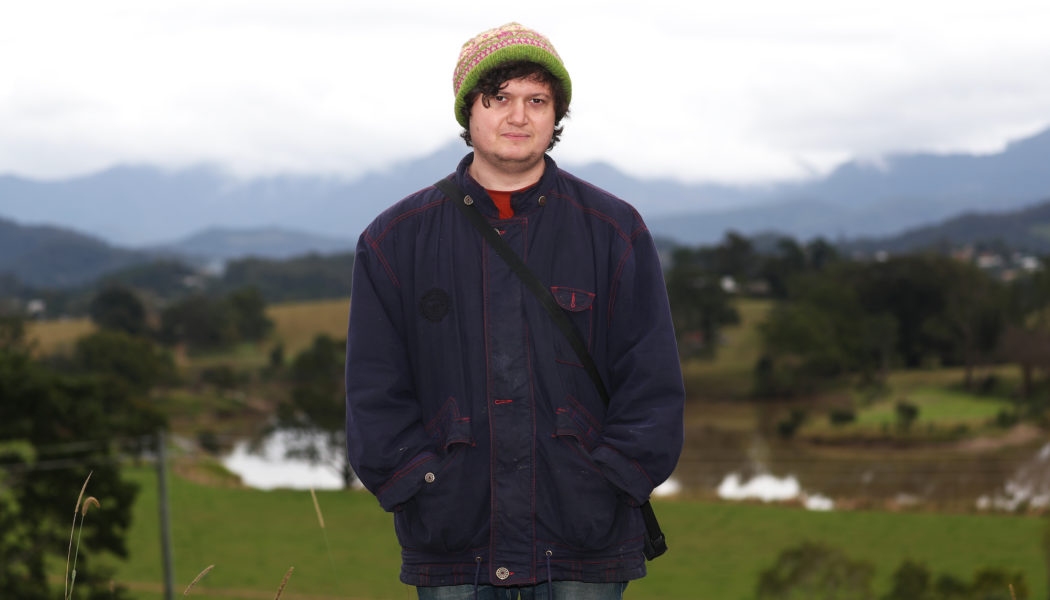


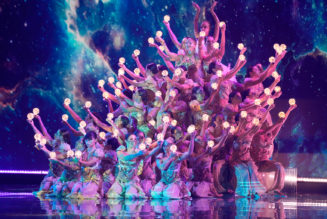



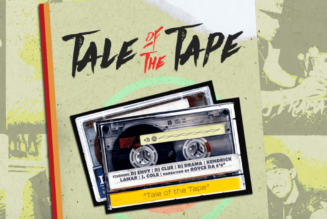
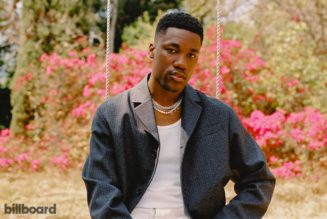
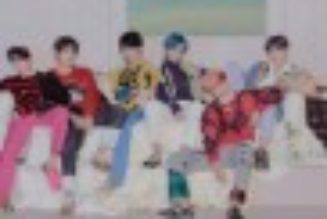
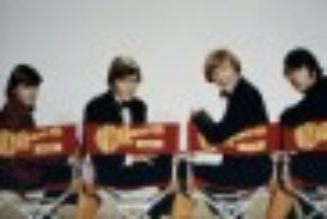
Tagged: composers, Culture